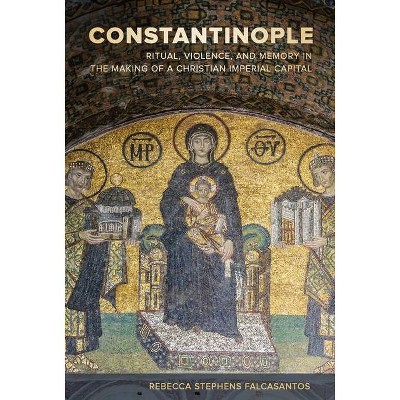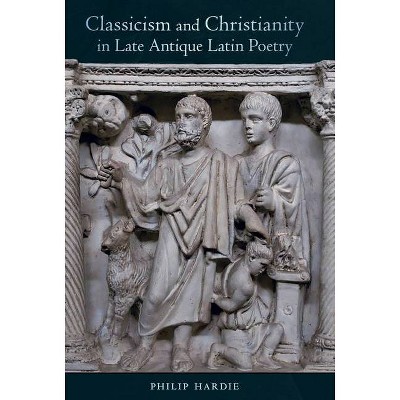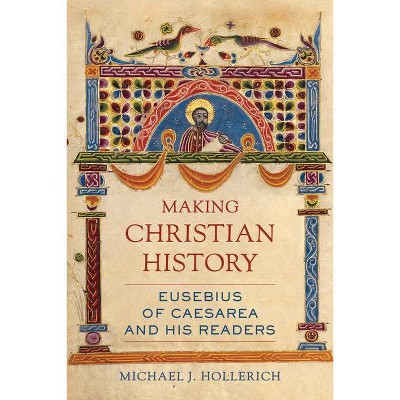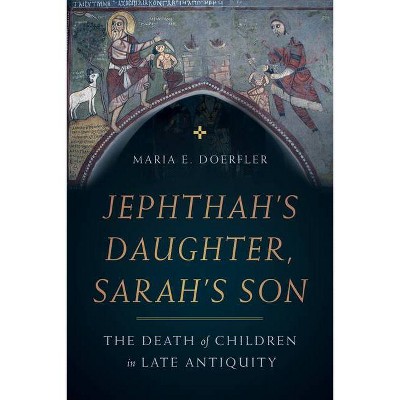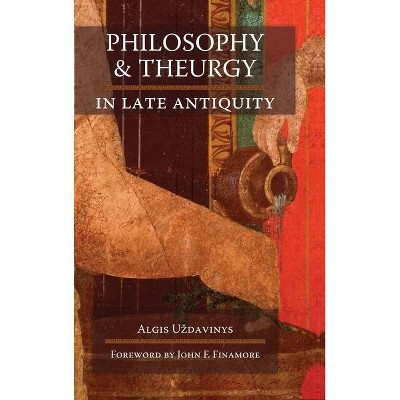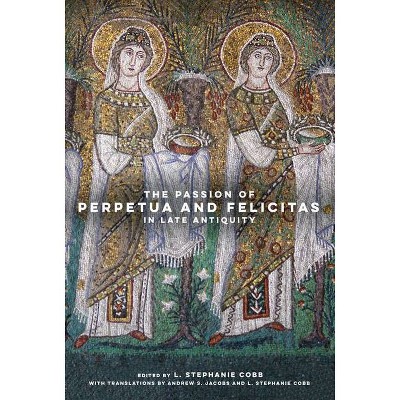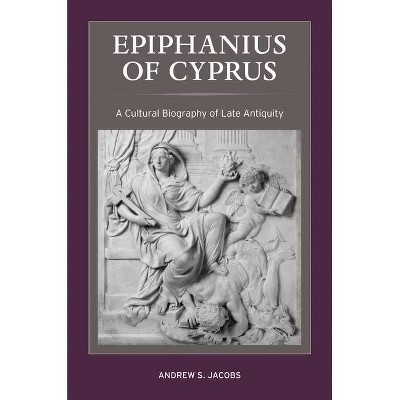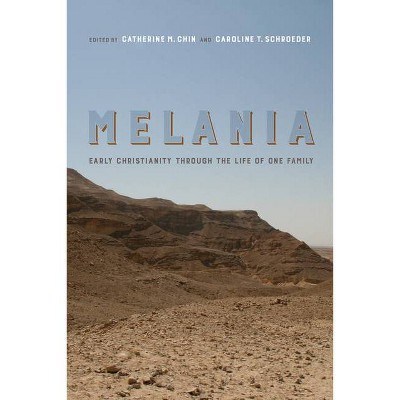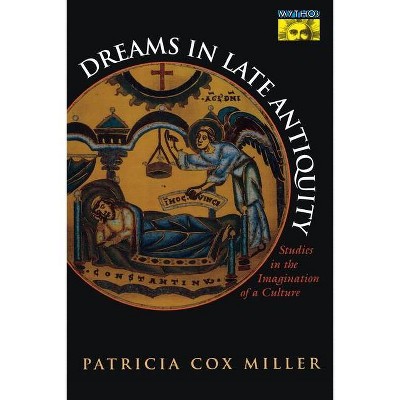Bible and Poetry in Late Antique Mesopotamia, 5 - (Christianity in Late Antiquity) by Jeffrey Wickes (Hardcover)
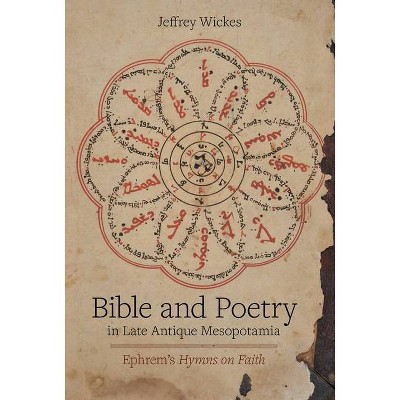
Similar Products
Products of same category from the store
AllProduct info
<p/><br></br><p><b> About the Book </b></p></br></br>"Ephrem the Syrian (d. 373 C.E.) wrote in a variety of genres, but the bulk of his output took the form of madrashe, a Syriac genre of musical poetry. This book examines Ephrem's largest collection of madrashe, the Madrashe on Faith, a collection in which Ephrem engaged poetically the theological controversies that followed the Council of Nicaea (325 C.E.). Drawing on literary, ritual, and performance theories, Bible and Poetry shows how Ephrem used the Syriac Bible to construct and conceive himself and his audience. In so doing, Wickes resituates Ephrem in a broader early Christian context, and contributes to discussions of literature and religion in late antiquity"--Provided by publisher.<p/><br></br><p><b> Book Synopsis </b></p></br></br>Ephrem the Syrian was one of the founding voices in Syriac literature. While he wrote in a variety of genres, the bulk of his work took the form of <i>madrashe</i>, a Syriac genre of musical poetry or hymns. In <i>Bible and Poetry in Late Antique Mesopotamia, </i> Jeffrey Wickes offers a thoroughly contextualized study of Ephrem's magnum opus, the <i>Hymns on Faith</i>, delivered in response to the theological controversies that followed the First Council of Nicaea. The ensuing doctrinal divisions had tremendous impact on the course of Christianity and led in part to the development of a uniquely Syriac Church, in which Ephrem would become a central figure. Drawing on literary, ritual, and performance theories, <i>Bible and Poetry</i> shows how Ephrem used the Syriac Bible to construct and conceive of himself and his audience. In so doing, Wickes resituates Ephrem in a broader early Christian context and contributes to discussions of literature and religion in late antiquity. <br><p/><br></br><p><b> From the Back Cover </b></p></br></br>"In this insightful book, Jeffrey Wickes shows how Ephrem wove together self-portrayal with depiction of the Nicene Christ and brought both into the constructed 'world' of his hymns. Persuasively presenting the internal coherence of Ephrem's endeavor, Wickes sets the hymns into the rhetorical and poetic landscape of late antiquity and proposes a new social context for them, in 'a blurred space between liturgy and the classroom.'"--Kathleen E. McVey, Professor Emerita of History, Princeton Theological Seminary <p/> "This book proposes a new paradigm to understand the great fourth-century Syriac poet's engagement with the Bible. Eschewing problematic concepts such as allusion and quotation, Wickes invites us to appreciate the complex ways in which Ephrem used the Bible to construct a new literary world."--Aaron Michael Butts, Assistant Professor, The Catholic University of America <br><p/><br></br><p><b> Review Quotes </b></p></br></br><br>"Wickes is an astute guide through the often-heated scholarly debates about the relationship between Syriac and Greek, and about the place of Syriac Christianity in the eastern Mediterranean world. His command of the scholarship is as solid as his mastery of the texts; he is deft, incisive, and original in his discussions. This is work of exceptional substance and significance."-- "Journal of Orthodox Christian Studies"<br><p/><br></br><p><b> About the Author </b></p></br></br><b>Jeffrey Wickes</b> is Assistant Professor of Early Christianity at Saint Louis University.
Price History
Price Archive shows prices from various stores, lets you see history and find the cheapest. There is no actual sale on the website. For all support, inquiry and suggestion messagescommunication@pricearchive.us
